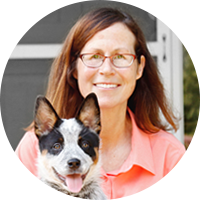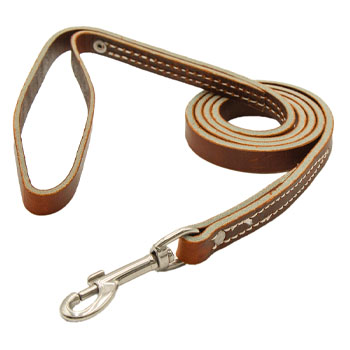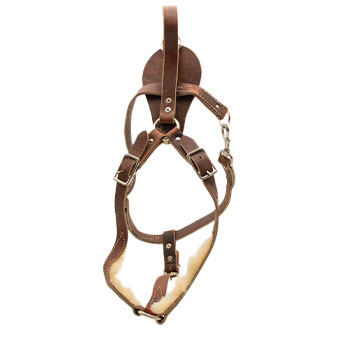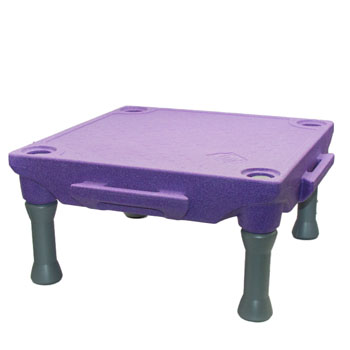April 12, 2011
My dog has a great toy drive, but we have a problem with her grip - she is very mouthy. What do recommend?
Full Question:
Hi Cindy,My name is Annette. I recently got a 8 week old ( now 14 weeks ) Doberman pup. I plan on doing schutzhund with her. I am brand new to schutzhund. I became interested in the sport after watching a few trials and seeing a couple videos of her mother doing protection work.
The breeder had the pups evacuated before she sent them to their new homes, to make sure the right pup would be going to the right homes, as some new owners wanted ob and two of us wanted working pups, and a couple of others to do different things.
I purchased a few of your DVDs before Lacey came home. Your puppy 8 weeks to 8 months, how to raise a working puppy, establishing pack structure, and building drive a focus.
So, here is my concern. Lacey has extreme prey drive and even focus for her play toys. She is way more toy driven than food driven. So getting her and keeping her in drive is no problem. The problem is her grip. She is very mouthy. She doesn't drop the toy but she mouths it allot. I have been doing the exercises that are in your DVDs. I try to run her faster in a circle. I but her in to my arms very often, but she still mouths.
Even when I tug with her she mouths. Is this maybe due to the fact that she is so young? Do you think she will grow out of this?
I have been going to private lessons with the helper of the club I will be joining. He says this is a genetic trait. Is that true? This puppy's parent are both titled schH1 and two grand parents are schH3. Her grandmother on the mom side has schH1, FR1, French Ring Brevet, and Mondio Ring titles (she is the first dobe to ever title in schH, FR and MR ).
Anyway,I know that schutzhund requires a calm firm grip. So how do I get Lacey to not be so mouthy with her toy? Any help or suggestions would be much appreciated.
Thanks,
Annette

 Cindy's Answer:
Cindy's Answer:
Hi Annette,
Your trainer is right, gripping behavior is genetic. You can ruin a good grip by bad training but it’s very hard to change a genetically shallow or chewy grip and then it’s very situational. When under stress dogs always go back to their genetically programmed behaviors.
I would be aware that she could be beginning to lose her baby teeth and this can cause discomfort and chewing. I don’t play tug with puppies during the teething stage, to prevent a negative experience associated with tugging.
All you can do is keep working with her (after teething) and promote a calm grip as much as you can. Depending on what you are using to work grip, you may want to switch to a tug or if you are using a small tug, use a larger tug that she can really clamp down on . I have found that a lot of dogs will mouth on a ball but have a great grip on a tug.
Experiment and see what you come up with.
Cindy
Your trainer is right, gripping behavior is genetic. You can ruin a good grip by bad training but it’s very hard to change a genetically shallow or chewy grip and then it’s very situational. When under stress dogs always go back to their genetically programmed behaviors.
I would be aware that she could be beginning to lose her baby teeth and this can cause discomfort and chewing. I don’t play tug with puppies during the teething stage, to prevent a negative experience associated with tugging.
All you can do is keep working with her (after teething) and promote a calm grip as much as you can. Depending on what you are using to work grip, you may want to switch to a tug or if you are using a small tug, use a larger tug that she can really clamp down on . I have found that a lot of dogs will mouth on a ball but have a great grip on a tug.
Experiment and see what you come up with.
Cindy
90% (9 out of 10)
respondents found this answer helpful


Can't find what you're looking for?








